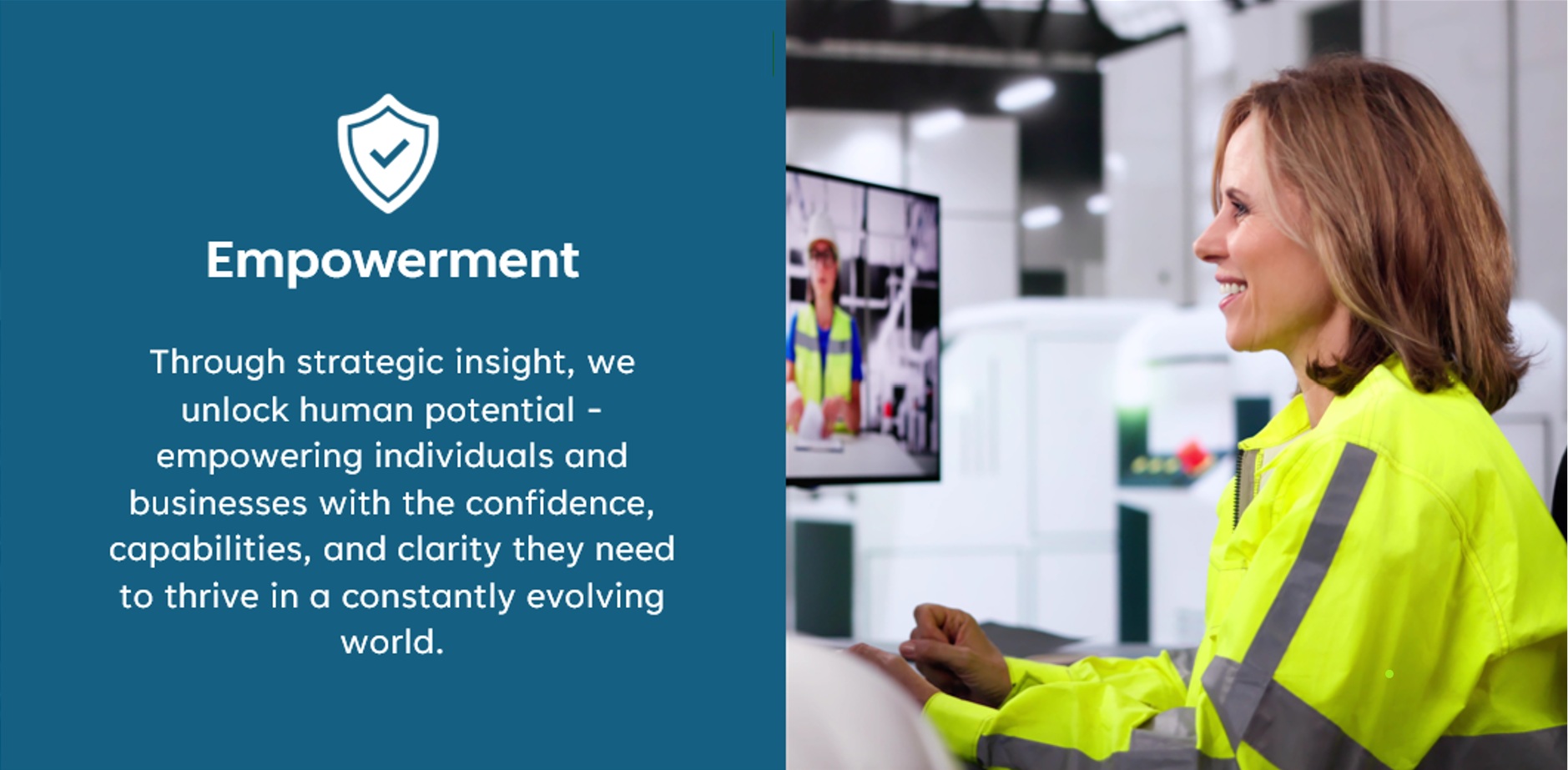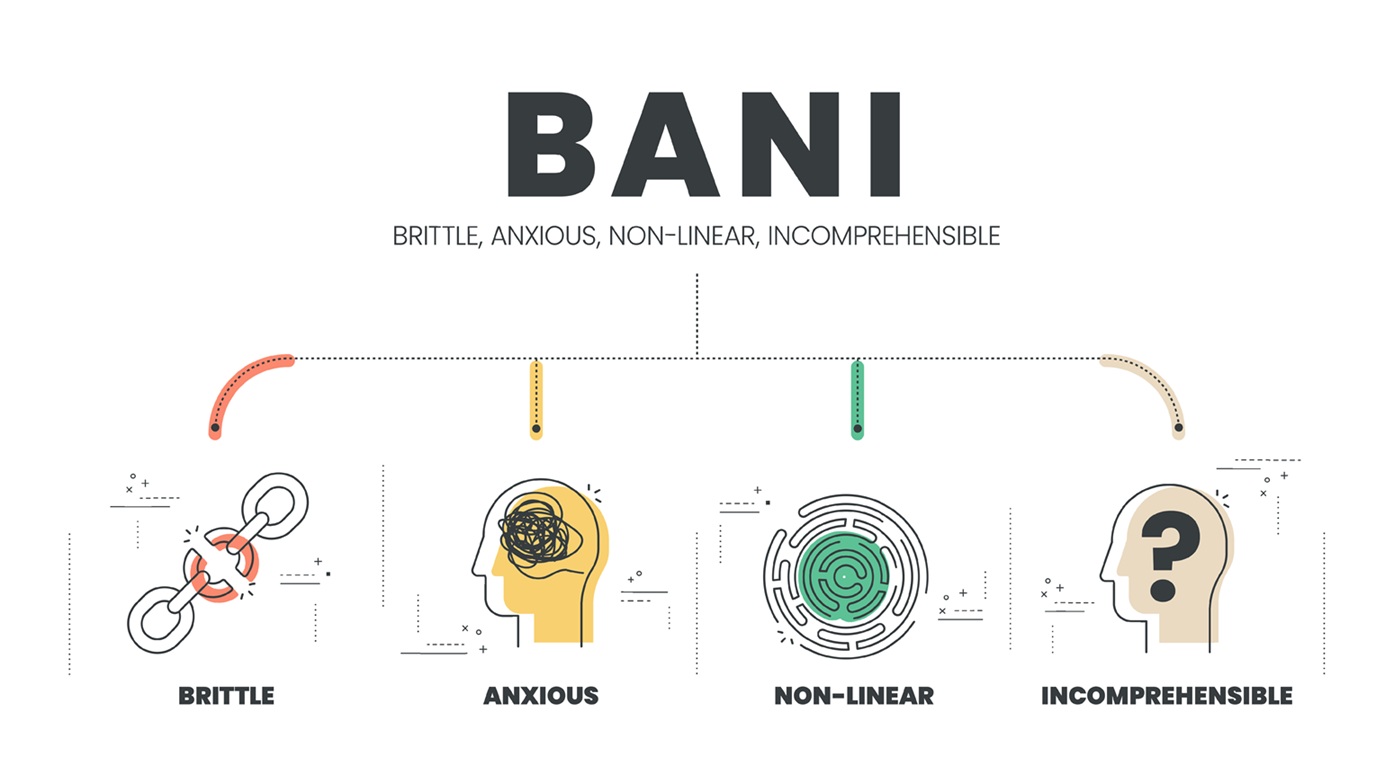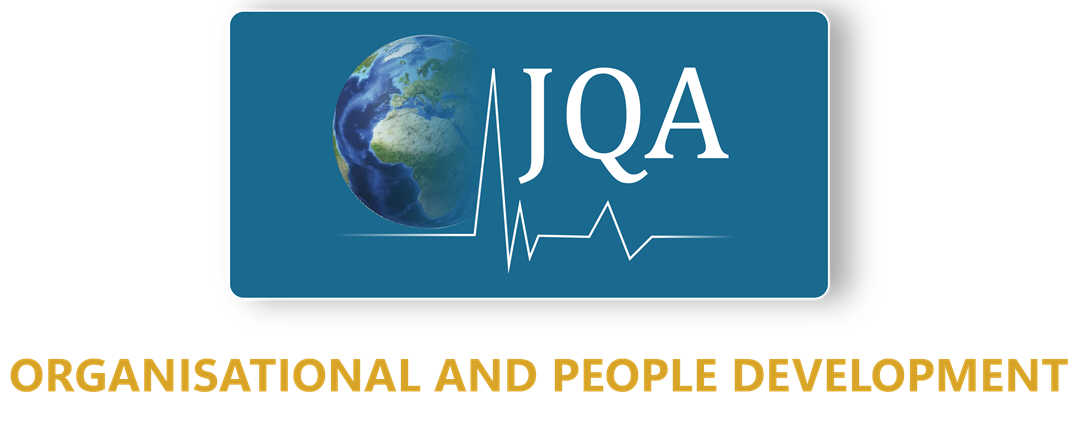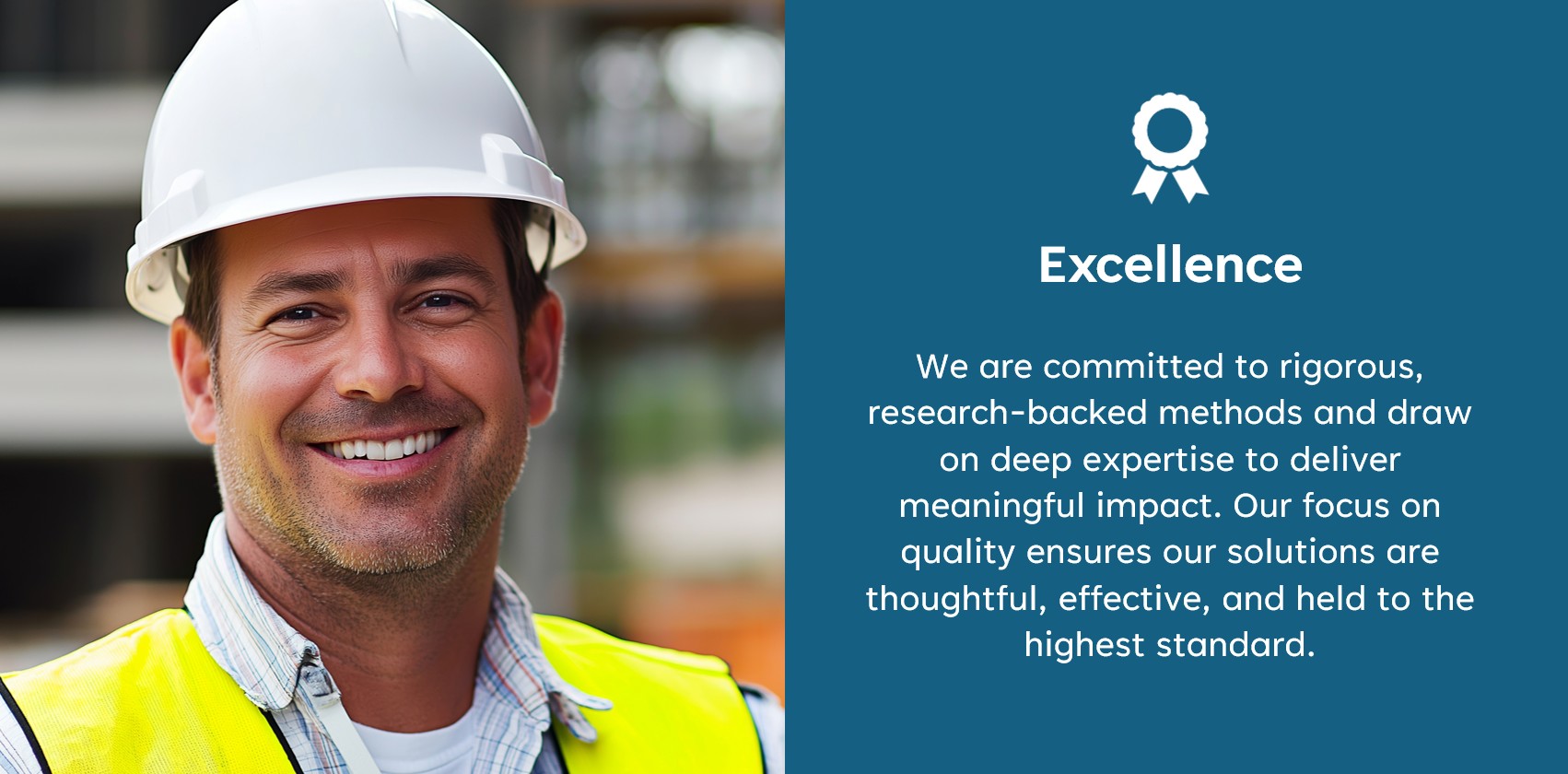
Written by Megan McEnery
Business and Client Director, BA (Hons), MA, PGCE, CAT
Empowered Leadership in a Changing World: How Executive Assessment and Development Enable Growth in a BANI Environment
Change is accelerating and with it, the opportunity to reshape how we lead. For our clients, we understand that success requires more than reacting to disruption. It means empowering people to navigate uncertainty with confidence and purpose.
At JQA, we partner with organisations to build empowered leadership through our executive assessment and leadership development solutions. We help businesses unlock the potential of their leaders to grow, adapt, and thrive in the face of new and evolving challenges.

From VUCA to BANI: Understanding a New Leadership Landscape
The world of work continues to evolve rapidly. What was once described as VUCA (volatile, uncertain, complex, ambiguous) is now being reframed as BANI (brittle, anxious, non-linear, incomprehensible). The BANI framework, introduced by futurist Jamais Cascio, offers leaders a way to understand the brittle, anxious, nonlinear, and incomprehensible dynamics shaping today’s world. His book on this subject is due to be released in October 2025.
In a February 2025 article for Forbes titled Forget VUCA. The World Is BANI Now, Kevin Kruse shares how the BANI framework captures the more nuanced, interconnected challenges leaders are experiencing today: from fast-moving change to growing pressure and complexity. With the right mindset and support, these are not just obstacles, they are an invitation for transformative leadership.
In a BANI world, leaders who are self-aware, emotionally intelligent, and strategically agile are not only more effective, but they also create stability, inspire confidence, and drive meaningful progress.
“Our leadership solutions are designed to help you navigate change with purpose and strength.”
Empowering Leadership Potential: JQA’s Strategic Approach
At JQA, we believe leadership is not a fixed trait. It is a capability that can be measured, developed, and continually strengthened. Our role is to empower individuals and organisations with the insight, clarity, and tools to lead with confidence in any environment.
1. Clarity in Complexity
Through robust executive assessment, we help leaders more deeply understand how they think, make decisions, and lead in complex scenarios. This empowers more informed, confident leadership, even when the path forward is not immediately clear.
2. Emotional Agility and Wellbeing
Our development programmes focus on emotional intelligence, self-regulation, and resilience. Leaders learn to navigate pressure constructively, enabling them to support not just business performance but also the wellbeing of their teams.
3. Authentic, Values-Led Leadership
With tools like 360-degree feedback and coaching, we help leaders build strong self-awareness and lead with authenticity. When leaders understand themselves and their impact, they inspire trust and create lasting alignment across the organisation.
4. Adaptability and Innovation
Today’s environment rewards curiosity and forward-thinking. We empower leaders to challenge assumptions, embrace change, and foster cultures of innovation so businesses remain proactive and prepared for what is next.
Why Empowered Leadership Matters
Empowered leaders drive individual performance, and they build empowered teams. These teams are more engaged, collaborative, and capable of making informed decisions under pressure. Over time, this culture of empowerment extends across the organisation, creating a ripple effect that strengthens overall resilience and adaptability.
Organisations that invest in leadership development are better positioned to:
• Make well-informed decisions, even in dynamic environments
• Build cultures of trust, engagement, and accountability
• Support long-term employee wellbeing and retention
• Encourage innovation that drives sustainable progress
• Strengthen team-level agility and collaboration
When leaders are empowered, teams become more capable, and the entire organisation becomes more resilient and future ready.
Final Thoughts: Empowerment
At JQA, our mission is to empower individuals and organisations with the capabilities they need to lead what is next. We provide the insight, development, and guidance to help leaders grow with confidence.
Whether you are facing transformation, scaling for growth, or simply preparing for the future, our leadership solutions are designed to help you navigate change with purpose and strength.
Empowered leadership is not just about managing complexity; it is about unlocking potential within leaders, teams, and across the organisation.
If your organisation is looking to future-proof its leadership, invest in growth, and cultivate a thriving, adaptable culture, we invite you to explore how JQA can support your journey.





